
In this interview, Christian Long, editor of ReFocus: The Films of Albert Brooks (out now in our series ReFocus: The American Directors Series), talks about the work of Albert Brooks and what led him to research it.
Can you tell us a little about your book, ReFocus: The Films of Albert Brooks?
The book has a simple overall argument: Albert Brooks deserves a wider critical and popular audience, both for aesthetic and socio-cultural reasons. I think the book makes a strong case that not only is Albert Brooks a culturally significant writer-director-actor, but also that his movies are good. They’re funny, they’re entertaining, they’re smart and worth your time and critical attention.
What inspired you to research Albert Brooks?
I was surprised Albert Brooks doesn’t appear in academic film criticism. In reading around in popular press accounts, Brooks is a well-regarded figure in comedy, but that hasn’t translated to critical attention. I found myself asking, am I alone in thinking that there’s a lot to be learned from Brooks movies? And when you consider what the book would analyse—Albert Brooks has done a lot of incredible work. His first three films represent an incredible run of quality, formally and thematically: Real Life nailed the fake-documentary on the first try. Modern Romance found the core of horror in the romcom. Lost in America saw through the Reagan era just as it was getting started.
In addition to his films as a writer-director-star, Brooks has stand-up records that helped to establish anti-comedy/meta-comedy, magazine articles, short films for Saturday Night Live, and actor-for-hire performances in films like Taxi Driver, Broadcast News, and Drive. All of that quality work and lack of critical attention undergird a second question that keeps appearing throughout the book: Was Albert Brooks ahead of his time?

What was the most exciting thing about this project for you?
When I read over the first draft of the manuscript, it hit me that the variety and quality of ideas and approaches the contributors brought to their chapters create a great starting point for future analyses of Brooks. I was also very happy to find other people who like Albert Brooks.
Did you discover anything particularly strange or surprising while you were writing the book?
This discovery isn’t so much a research discovery, but a personal history one that colours my research. I was re-watching Lost in America for the however-manyth time, and suddenly was transported back to the ’90s, when I worked at Northwest Structural Steel with my father. I had completely forgotten that every day the DJ on the radio station we listened to driving to work played a speech from Lost in America: “I was on the road to nowhere. Do you know the road? It’s a nowhere road. It goes nowhere. You’re on it. You don’t know it? It’s nowhere road! It just goes around in a circle. It’s the carrot on the stick and the watch when you’re seventy.”
A simple case of a DJ using Albert Brooks to rib commuters testifies to Albert Brooks’ skill as a comedy writer and a voice actor: even without his facial expressions, physical performance, and Julie Haggerty’s reactions, the speech captures someone who has just discovered that he has thrown away his life. It’s an incredible comic performance that is also very unsettling and painful, which is the hallmark of Brooks’ comedy. That memory made the articles about voice acting I was reading come to life, and helped me to write about his voice-over work on The Simpsons in particular.
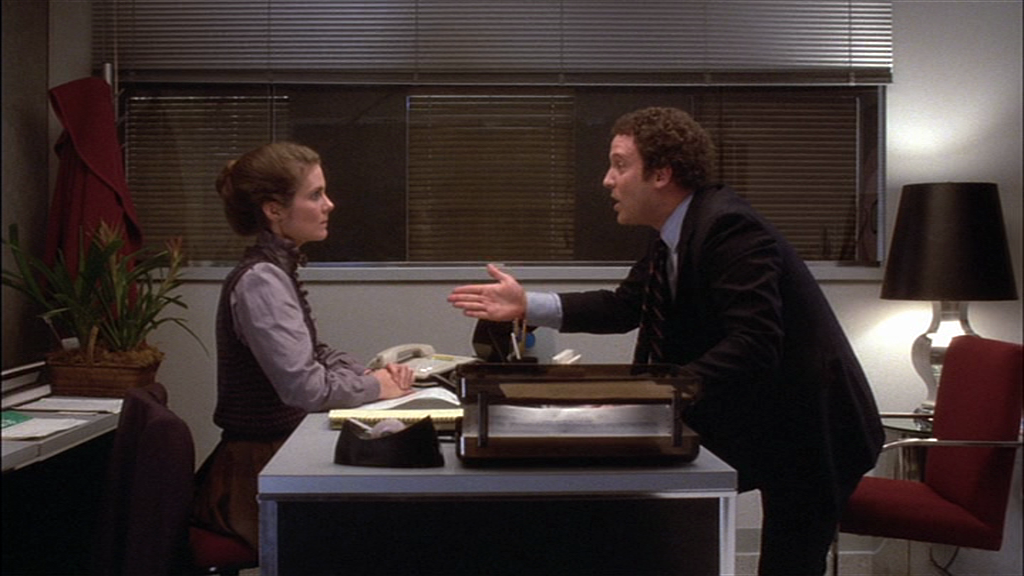
Did your research take you to any unexpected places or unusual situations?
I thought I was a real Albert Brooks head when I started this project, but the contributors made it clear to me how much I had to learn. In every chapter there are moments that I wish I would have written because they’re so good at placing Albert Brooks in film history, comedy history, and American culture in really interesting ways. Let me quickly name three: JD Connor’s placing Brooks in conversation with contemporary art, Thomas Britt linking Brooks and Todd Solondz, and Rebecca Bell-Metereau engaging with the importance of Brooks’ collaboration with Monica Johnson throughout his career.
What’s next for you?
I’m about three-quarters of the way through writing Infrastructure in Dystopian and Post-apocalyptic Film, 1968-2020, which investigates the ways abstract hopes of a better world take concrete form in infrastructure: power generation and distribution networks, roads and rail lines, water and waste disposal systems, and the food system. I argue that attention to infrastructure as part of a film’s set design and art direction is a key entry point to the politics of dystopian and post-apocalyptic worlds, and to Anglophone culture since the late 1960s. My hope is that the book expands our film-derived shorthand vocabulary for undesirable settings—a “Mad Max world”—by taking into account the infrastructural foundations of dystopian and post-apocalyptic worlds and how those worlds help to create the possibility to imagine our contemporary life and surroundings differently.
About the Author
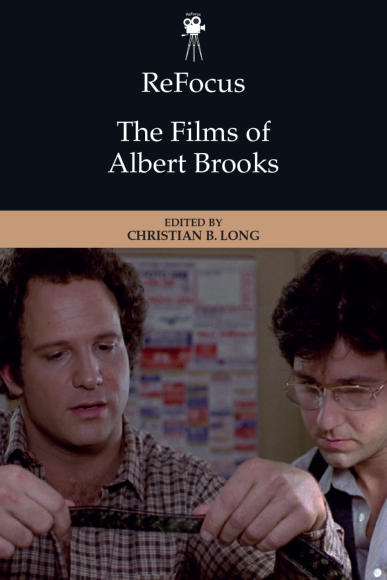
Christian B. Long lives in Meanjin Brisbane. He is the author of The Imaginary Geography of Hollywood Cinema, 1960-2000 (Intellect, 2017) and the editor of ReFocus: The Films of Albert Brooks (Edinburgh University Press, 2021) and Film and the American Presidency (Routledge, 2015).


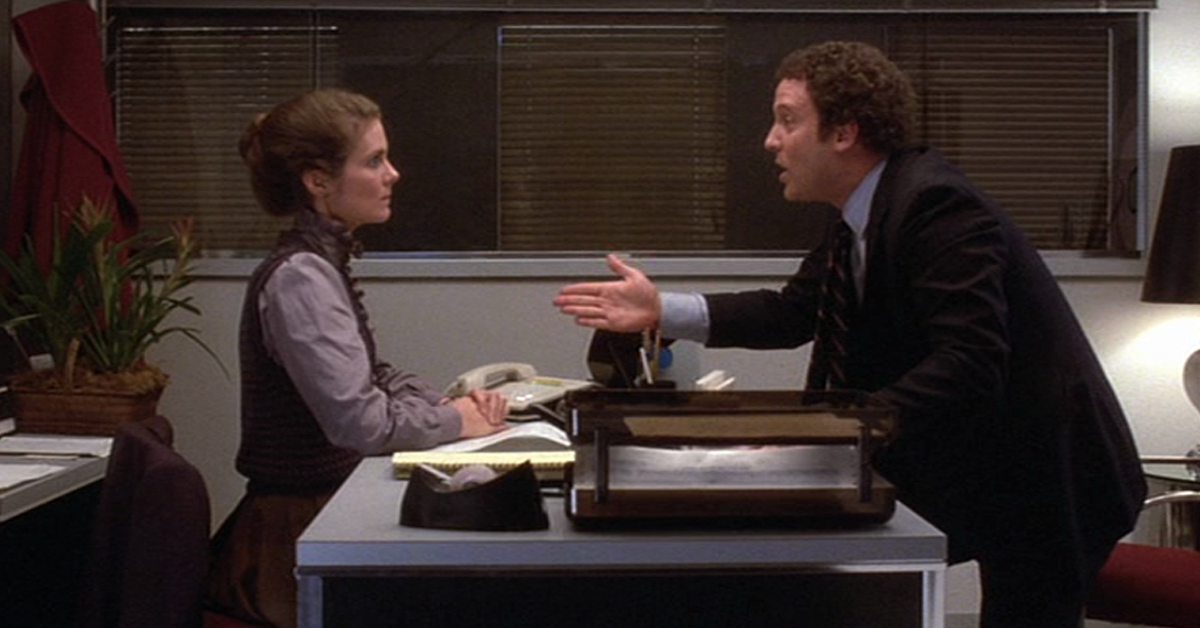
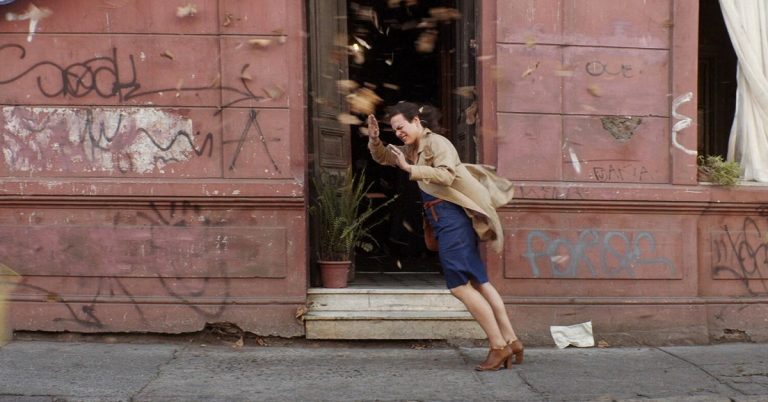
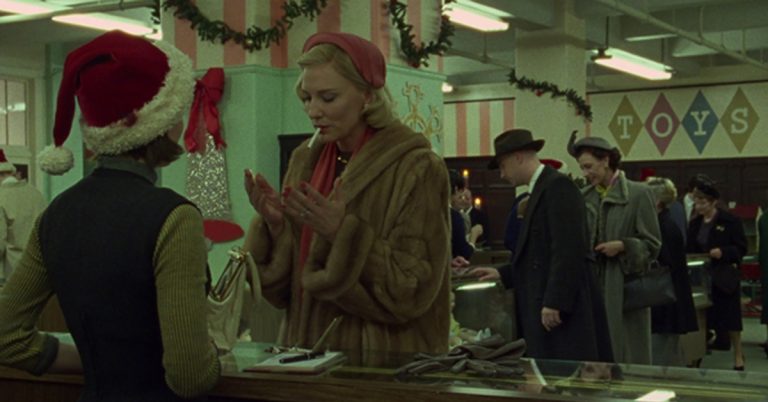

I always thought Albert Brooks was the greatest of the American comedy filmmakers. Glad to see someone finally getting on board.